Today is World Water Day. In my house I have nine I can get water. All I have to do is turn on a faucet.
In fact, I don’t have to walk more than 15 feet to reach a water source anywhere in my house.
I don’t have to think about or make an effort to get water. I don’t have to boil my water or worry about drinking it. It’s clean and refreshing.
The water that comes out of my fridge is even filtered to make it taste better.
As long as I pay my water bill each month, I get clean, cold (or hot), refreshing water to come out of every single one of my nine faucets.
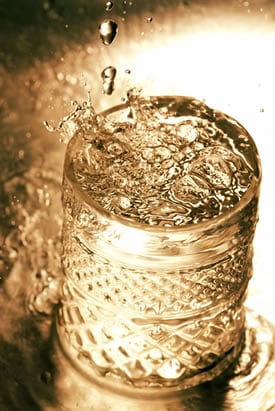
Do I take this for granted? Definitely.
A person can live four weeks without food, but only three days, depending on the circumstances without water. Lack of water can cause short-term memory loss, fatigue, and trouble learning. Your body will not function without water.
While I have almost immediate access to clean drinking water at any time of day, more than 1 billion people in the world do not. Water.org is an organization that strives to ensure safe drinking water worldwide. Below are some staggering statistics shared on their website.
- More than 3.5 million people die each year from water-related disease; 84 percent are children.
- Nearly all deaths due to unclean water, 98 percent, occur in the developing world.
- Lack of access to clean water and sanitation kills children at a rate equivalent to a jumbo jet crashing every four hours.
- Lack of sanitation is the world’s biggest cause of infection.
- Millions of women and children spend several hours each day collecting water from distant, often polluted sources. This is time not spent working at an income-generating job, caring for family members, or attending school.
- 443 million school days are lost each year due to water-related illness.
(Statistics from water.org)
Thankfully, many organizations have seen the need and are stepping up to help. Another organization is Healing Waters International, which we partner with to provide clean water to the churches and children we serve. Healing Waters uses purification technologies that tap an existing water supply and make it safe to drink. They currently serve more than 120,000 people with clean water each day.
Since 2008, we have invested more than $6 million in water projects benefiting 650,000 people in all but three of the countries we work in. Because we are committed to equipping and empowering our children, we also provide educational activities on water and hygiene to ensure they are healthy during and after they complete our program.
We have also purchased 56,000 water filters, which are being distributed in Haiti to help fight the spread of cholera. The filters can convert filthy, dirty, muddy water into clean, drinkable water and can be used to make potable water in places where animals are present.
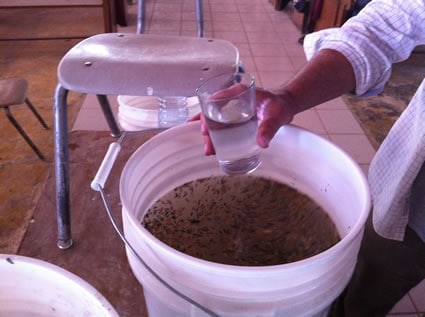
What’s incredible is that there are no chemicals, no moving parts that can break, and no training or electricity needed to use these filters. Each filter can produce at least 1 million gallons of water — enough water for a lifetime supply for 60 people.
In addition to water filters, rainwater harvesting systems we recently implemented in Tanzania can reduce the spread of waterborne illnesses and provide clean water so children can practice good hygiene. The people of Tanzania, for example, experience water shortages regularly because of natural and human factors.
Rainwater harvesting will help decrease illnesses and will hopefully improve program attendance and Compassion’s ability to successfully reach the children on a regular basis.
You can also view the clean water filter video on YouTube.
Today is World Water Day. How many water sources do you have in your house?


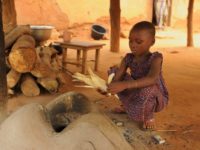
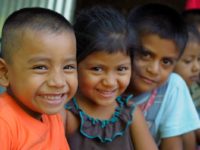
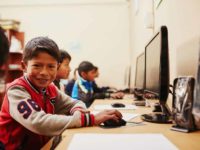
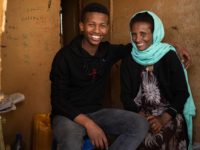


2 Comments |Add a comment
Thank you, Shaina, for this! Although I know my children and their families have go a distance sometimes to get water, I had not put two and two together and thought about how many hours that was taking away from income-generating work. Yet another example to share with others to shatter the myth that people living in poverty are lazy…. it’s actually quite the opposite. Often the available working hours are just spent surviving!
I have children in Tanzania and Haiti so I’m really thankful for the partnership with Healing Waters and the rainwater harvesting programs.
Wait, I’ll have to count… wow – I have 2 taps (faucets) outside my house and 5 inside. That’s more than I thought. And then there is that love tap at work that gives me boiling water or iced water at the push of a button.
Thanks for the reminder to be grateful for easy access to clean, safe, running water.
Thanks Compassion for all you do to provide clean water for so many around the world.